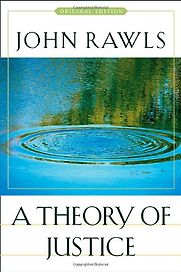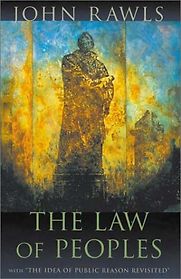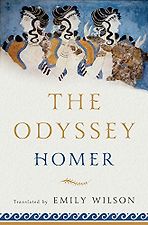Recommendations from our site
“Rawls wants you to think about how you would design society if you didn’t know what place you’d play in it. Imagine you didn’t know whether you were going to be a man or a woman, you didn’t know whether you were going to be disabled or able-bodied — Rawls didn’t use these examples but we can extend his method — if you didn’t know whether you were going to be white or black, strong or weak, have film star good looks or be ugly. If you didn’t know any of those things about yourself, how would you like society to be? At one point Rawls says, ‘Imagine your place in society is going to be determined by your enemy.’ How would you like your society to be if your enemy was going to assign you your place in it? You’d think, ‘Well I wouldn’t want any really bad positions. I’d want to make sure the worst thing that can happen to me is as good as it could be.’ That is Rawls’s big idea — that if you were to design society not knowing your place in it, you’d want to make sure the worst positions in society were as good as they could be, therefore — and it’s a big therefore which needs lots of intermediate steps — a just society is one that makes the worst off as well off as possible…It’s 500 or 600 pages of closely printed text…It’s a strange book. For a beginner in philosophy, it’s hard to see what all the fuss is about. Rawls is not a fantastically stylish writer in an ordinary sense although, in another sense, he is. He’s not a flashy writer, he doesn’t use examples, he doesn’t take you through things step-by-step. He’s a very dense writer. You can read a page and not think very much of it and then ten years later come back to it, having thought about the issue yourself, and see Rawls has completely understood the issue, set out all the possibilities, and shown why only one of them is right. Reading through the first time, without knowing the background, you can’t possibly know all of what is going on. I heard Hilary Putnam once say that you can tell a work of philosophical genius because ‘the smarter you get, the smarter it gets.’ I think this is exactly what happens with Rawls.” Read more...
The best books on Political Philosophy
Jonathan Wolff, Philosopher







